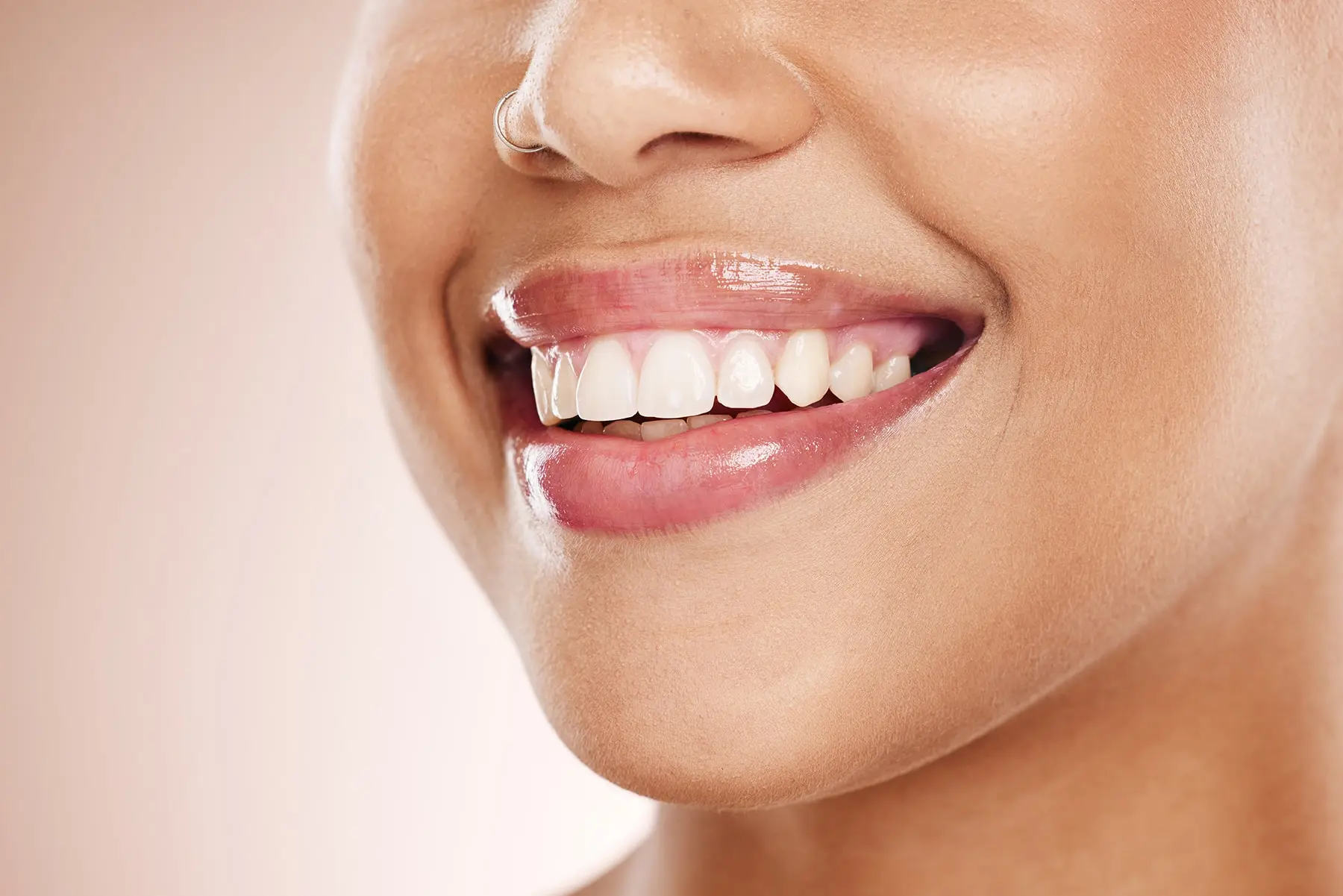When we think about our overall well-being, oral health often takes a backseat in our minds. However, it is crucial to recognize that our oral health is not just about having a bright smile or fresh breath; it plays a significant role in our overall health. Our mouth serves as the gateway to our bodies, and the condition of our teeth and gums can influence various bodily functions.
Poor oral hygiene can lead to a host of problems, including cavities, gum disease, and even systemic issues that affect our heart and other organs. By prioritizing oral health, we are investing in our overall quality of life. Moreover, maintaining good oral health can enhance our self-esteem and social interactions.
A healthy smile can boost our confidence, making us more likely to engage in social situations and express ourselves freely. Conversely, dental issues can lead to discomfort and embarrassment, which may cause us to withdraw from social activities. By understanding the importance of oral health, we can take proactive steps to ensure that our smiles remain bright and our confidence intact.
Tips for Maintaining Good Oral Health
Brushing and Flossing: The Foundation of Oral Care
Flossing daily is another critical component of our oral care regimen, as it helps remove food particles and plaque from between our teeth where our toothbrush may not reach. By incorporating these simple practices into our daily lives, we can significantly reduce the risk of dental problems.The Importance of a Balanced Diet
In addition to brushing and flossing, we should be mindful of our dietary choices. Consuming a balanced diet rich in fruits, vegetables, whole grains, and lean proteins can contribute to better oral health. Limiting sugary snacks and beverages is equally important, as sugar feeds the bacteria that cause tooth decay.Staying Hydrated for a Healthier Smile
Staying hydrated by drinking plenty of water not only benefits our overall health but also helps wash away food particles and bacteria in our mouths. By making conscious choices about what we eat and drink, we can support our oral health while enjoying a variety of delicious foods.Common Oral Health Issues
Despite our best efforts to maintain good oral hygiene, many of us may still encounter common oral health issues throughout our lives. One of the most prevalent problems is tooth decay, which occurs when bacteria in the mouth produce acids that erode tooth enamel. This can lead to cavities, which may require fillings or other dental treatments if left untreated.
Regular dental check-ups are essential for catching tooth decay early and preventing more severe complications. Another common issue is gum disease, which ranges from gingivitis to more advanced periodontitis. Gingivitis is characterized by inflammation of the gums, often resulting in redness and bleeding during brushing or flossing.
If not addressed, it can progress to periodontitis, which can lead to tooth loss and other serious health concerns. We should be vigilant about recognizing the signs of gum disease and seeking professional help if we notice any changes in our gum health. By staying informed about these common issues, we can take proactive measures to protect our smiles.
Oral Health and Overall Health
The connection between oral health and overall health is increasingly recognized by healthcare professionals. Research has shown that poor oral hygiene can contribute to various systemic conditions, including heart disease, diabetes, and respiratory infections. The bacteria that thrive in an unhealthy mouth can enter the bloodstream and affect other parts of the body, leading to inflammation and other complications.
This highlights the importance of maintaining good oral hygiene not just for the sake of our teeth but for our overall well-being. Furthermore, certain medical conditions can impact our oral health as well. For instance, individuals with diabetes are at a higher risk for gum disease due to their compromised immune systems.
Similarly, those undergoing treatments for cancer may experience dry mouth or other oral complications that require special attention. By understanding the intricate relationship between oral health and overall health, we can take a more holistic approach to our well-being and seek appropriate care when needed.
Oral Health for Different Age Groups
Oral health needs vary significantly across different age groups, making it essential for us to tailor our approach based on life stages. For infants and toddlers, establishing good oral hygiene habits early on is crucial. Parents should begin cleaning their baby’s gums even before teeth emerge and transition to brushing as soon as the first tooth appears.
Regular dental visits should start by age one to monitor development and address any concerns early. As we transition into childhood and adolescence, we face unique challenges such as cavities from sugary snacks or orthodontic needs for misaligned teeth. Encouraging children to adopt healthy habits like brushing twice a day and limiting sugary treats can set the foundation for a lifetime of good oral health.
For adults, regular dental check-ups become increasingly important as we age; issues like gum disease or tooth wear may arise that require professional intervention. Finally, seniors often face specific challenges such as dry mouth or tooth loss due to aging or medications. By understanding these age-related factors, we can better support ourselves and others in maintaining optimal oral health throughout life.
